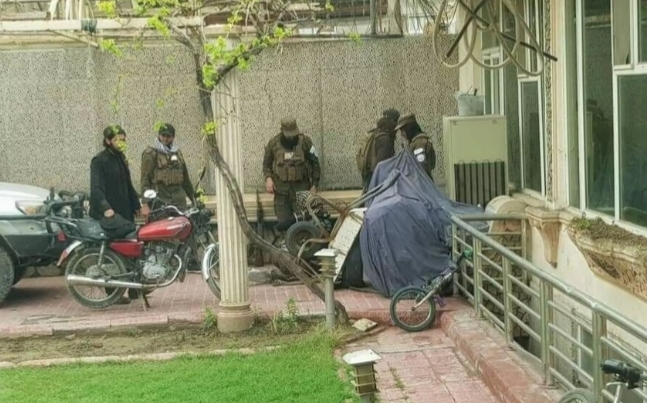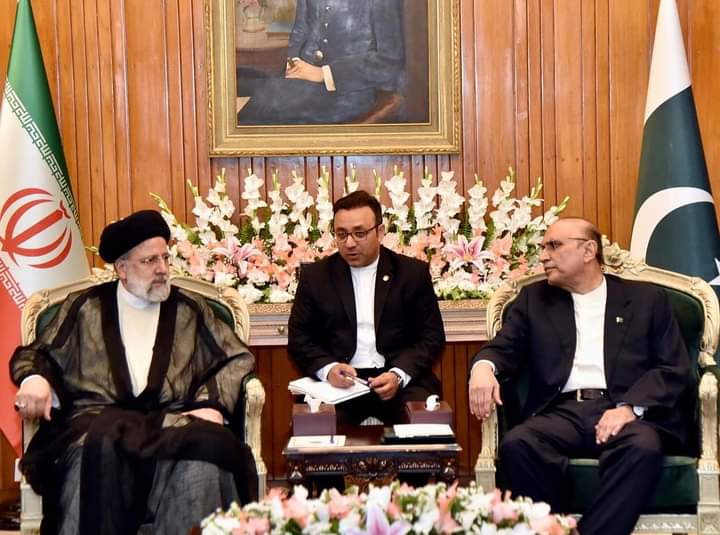PPP to launch countrywide movement against ‘PTIMF’ economic policies
Pakistan Peoples Party (PPP) Chairman Bilawal Bhutto-Zardari has announced that his party will launch a countrywide campaign from next month against what he described the “PTIMF” economic policies “which have led to increase in poverty and unemployment in the country”.
“[Prime Minister] Imran Khan had promised to provide 10 million jobs and build 5 million houses but instead of fulfilling his pledges his government is snatching the basic necessities of the people,” said Bilawal while addressing a ceremony of Green Pakistan Project in Karachi on Tuesday.
Terming the $6 billion IMF package against the interest of the country, he demanded the ruling PTI to renegotiate the loan package with the international donor and avail the “pro-Pakistan” package.
The PPP leader’s statement come as talks between Pakistan and the International Monetary Fund for the second quarter (October-December) 2019-20) began on Monday.
Pakistan asks IMF to reduce tax collection target
Adviser to the Prime Minister on Finance and Revenue Dr Abdul Hafeez Shaikh kicked off the review talks with his counterpart Ernest Rigo, the IMF’s Washington-based mission chief. The meeting is likely to continue till end of the next week.
Pakistan has requested the IMF to further reduce tax collection target amid economic slowdown.
“People are suffering due to this package which have spiked inflation and poverty across the country,” the PPP chairman said.
While lashing out at the ruling party for changing the name of Benazir Income Support Programme (BISP), he said: “The BISP was the first social safety net programme ever launched in the country by the PPP but they are also destroying this initiative”.
It is pertinent to mention that the government has already met all six performance criteria related to fiscal and monetary sectors and two continuous performance criteria about borrowing. But it has missed four out of five indicative targets.
Pakistan could not meet spending targets related to the BISP, health and education, tax collection and reduction in circular debt. Two structural benchmarks related to the National Electric Power Regulatory Authority (Nepra) could also not be met.











